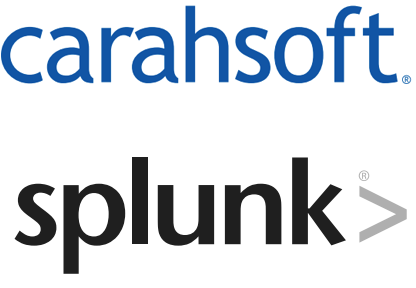sponsor content What's this?
How Modernization Helped Louisiana Improve Efficiency and Service Delivery

Presented by
Carahsoft & Splunk

State and local governments can no longer depend on legacy systems that hamper efficiency and drive up costs.
Throughout the U.S., state and local governments are faced with a daunting IT challenge: budgets are being slashed leaving IT professionals unable to afford sufficient staff or technology to meet their goals while, simultaneously, new technology shapes private sector products and services. Citizens expect the same innovative experiences out of their government that they find in the private sector. State and local IT departments need ways to modernize current systems to better serve constituents without breaking their budgets.
In order to address this challenge, state and local governments can no longer depend on legacy systems that hamper efficiency and drive up costs. As technology progresses it becomes more and more difficult to integrate old systems into new strategies, and as the baby boomer generation retires it is harder and harder to find workers familiar with old technology. Worse, legacy systems are an easy target for hackers. It is time for state and local IT departments to modernize.
Modernization, however, is a big job, and many state and local IT departments are already struggling to fulfill their day-to-day obligations with the resources available. Access to the services that their citizens depend on cannot be interrupted. For offices that have invested heavily into one platform or technology, it can sometimes be difficult to make a switch to something new — even when the system they currently depend on is draining available resources and holding the department back.
Increasingly, innovative leaders in state and local government are turning to shared services models to drive efficiency and cut costs. With shared services, systems operations are consolidated in one central infrastructure hub and distributed to multiple participants through service-level agreements. A shared services model allows state and local governments to improve efficient service delivery for constituents, helps them better-manage their data and improves security by creating consistency across agencies.
These ideas became reality in the State of Louisiana. The state had many disparate legacy IT systems across multiple agencies and no centralized data management strategy. Using Splunk, a real-time data analytics platform, the state consolidated and modernized all of its IT departments across 20 executive branch agencies, bringing hundreds of staffers and petabytes of data together into one streamlined, shared services model. By utilizing Splunk, agencies could focus on their mission and daily tasks without getting ensnared in ongoing IT maintenance.
The move cut $70 million in costs, tax payers' money that can be reinvested into the state’s goals. Modernization helped Louisiana rethink how it invoiced for IT, allowing for more transparency and removing black-box billing. With the new model, Louisiana could better understand exactly how much all of the services it provided to citizens cost – helping the state to identify and eliminate inefficiencies and constituent pain points. In addition, having a single system of record cut down on potential data inconsistencies.
Most importantly, the transformation improved citizen experiences. Prior to the shift, one would have had to create a separate account for each agency he or she needed to interact with. The data they created with each agency was siloed away, unable to come together to show a constituent’s full history. After modernizing its IT departments, Louisiana was able to compile data together to paint a full picture of each customer, and deliver a far better citizen experience.
Today Louisiana is better-positioned to be agile and adapt to newer technologies and paradigms to serve their citizens more effectively. Modernization was a massive undertaking, but Splunk’s ability to provide granular visibility in real-time enabled the state to bring all of its components together and make this initiative a success. Learn more about Splunk's efforts in the public sector here.
This content is made possible by our sponsor. The editorial staff of Route Fifty was not involved in its preparation.





